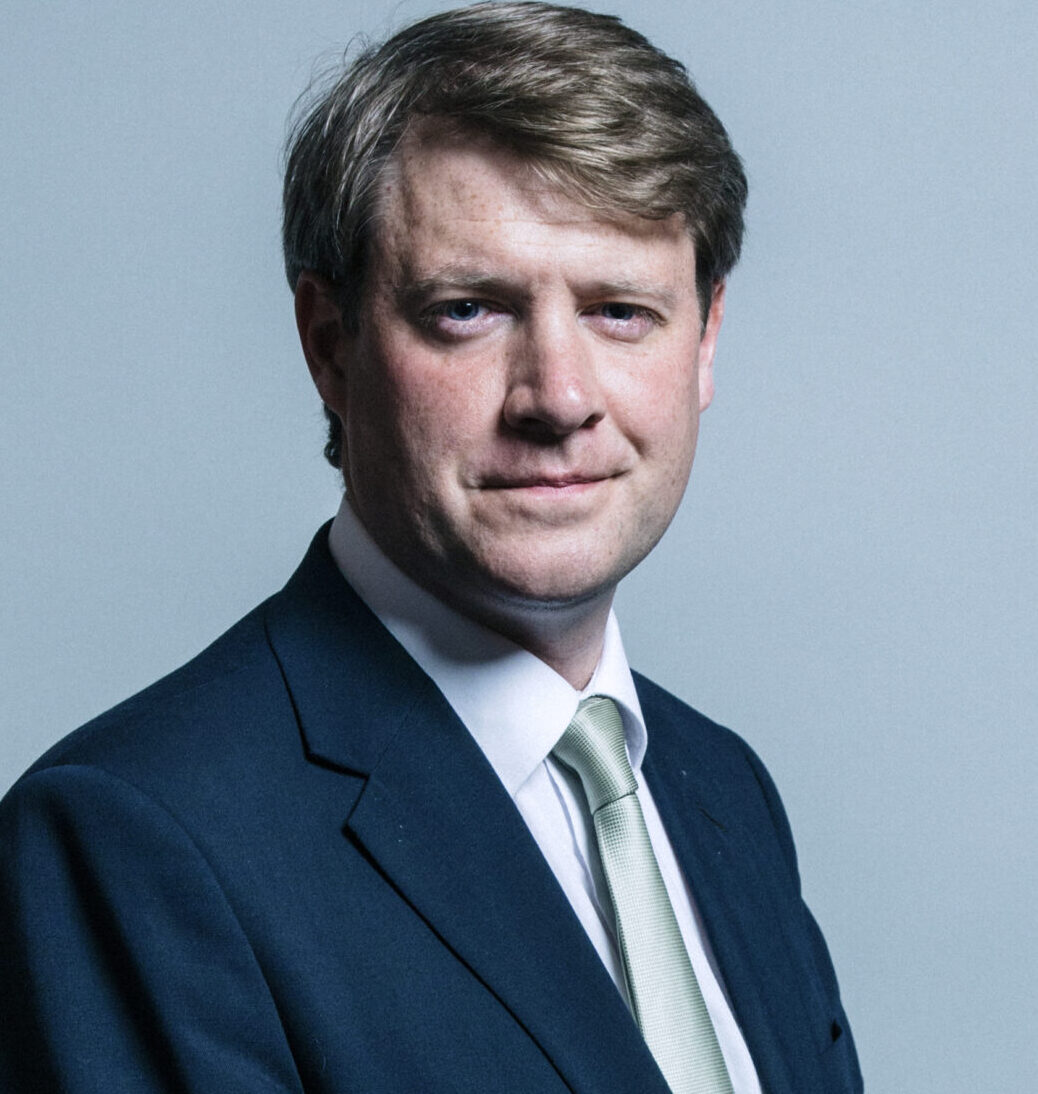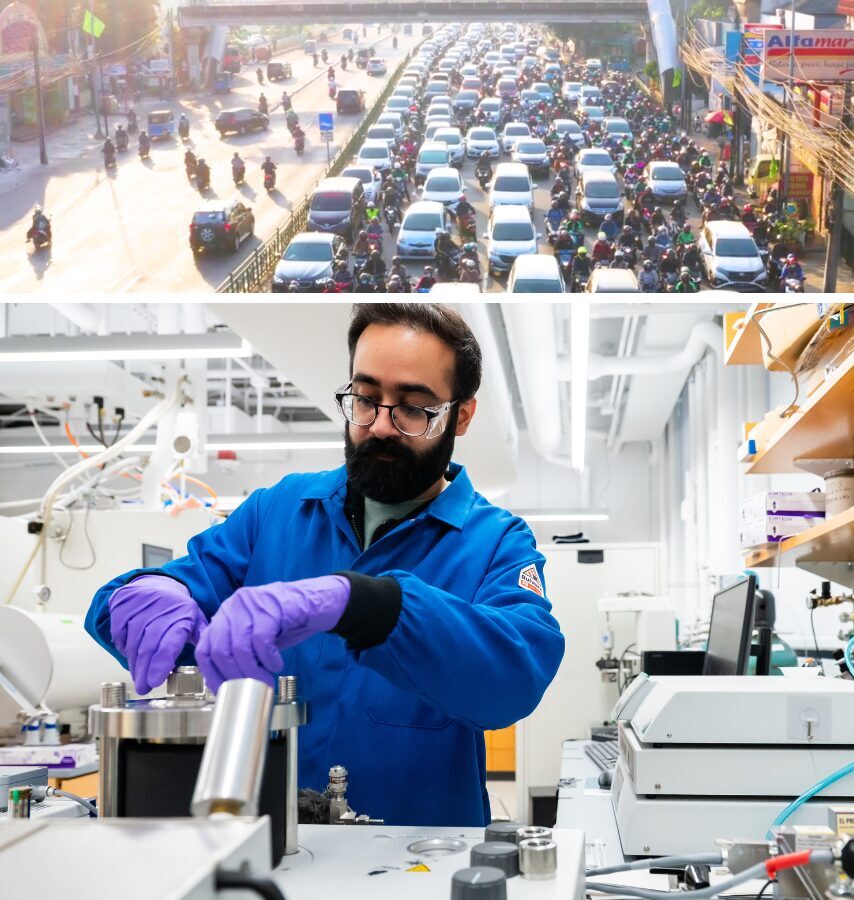Career Q&A: Emmanuel Bukenya, Founder and Co-CEO of Fin-e
Can you tell us a little about your work and what inspired you to found Fin-e?
Prior to my time at Harvard, I was engaged as a consultant for the Bio Energy Initiative for Africa, a World Bank project. My team and I played a pivotal role in introducing gasifier stoves to the region, offering training on the production and distribution of these stoves throughout Uganda and the wider East Africa region. Building on that experience, my brother and I established a solar company, focusing on turn-key solutions for households, commercial establishments, and public facilities.
Running this business was a rich learning experience, underscoring the significance of consumer finance in facilitating the shift to solar energy. We came to recognize that the absence of specialized consumer credit for energy purposes presents a significant obstacle in the clean energy market. To mitigate this challenge, solar companies are forced to accept installment payment options, which adversely affect cash flow and impede the overall growth of the industry.
Motivated by this pressing issue, I conceptualized Fin-e — a platform aimed at connecting energy-specific lenders with consumers transitioning to solar energy. This platform not only facilitates loans for consumers but also aids in building their creditworthiness, enabling access to a broader range of energy products that align with their increasing energy demands. Furthermore, this solution holds the potential to address the liquidity concerns prevalent in the industry.
Can you tell us a little about your time at Harvard Kennedy School?
I thoroughly enjoyed my time at HKS. Both my academic courses and extracurricular engagements were perfectly in sync with the energy-focused projects I aimed to undertake after completing my studies.
Being part of the Adrian Cheng Fellows program at Harvard Kennedy School provided me with access to a venture studio space. Our regular Tuesday evening gatherings at the studio facilitated invaluable interactions with like-minded individuals who were also dedicated to creating social ventures. This experience had a significant impact on me — we devoted nearly two hours each session to learning from seasoned practitioners, experimenting with theory of change frameworks, and exchanging insights with fellow participants.
Beyond that, I sought out entrepreneurship and energy-related coursework, including a notable Energy Ventures class that I took at MIT.
What did you do first after leaving Harvard?
I incorporated a company called Anuel Energy Inc, and continued building Fin-e, a solar financing platform that would support our work in Uganda. I have been a Co-CEO since that time.
What is your day-to-day like as Co-CEO of Fin-e?
As Co-CEO, my primary focus revolves around enhancing our product offerings and ensuring that we derive valuable insights from each project we undertake. Remaining attentive to our customers’ needs remains paramount, and this commitment drives my dedication to product design and engineering. Over the last few years, I’ve cultivated a deep appreciation for the intricacies of product development, and I see myself fully immersed in this specific facet of the business for the foreseeable future.
Do you have any advice for current Harvard undergraduate and graduate students who want to launch careers in climate and sustainability?
With resources like the Harvard Innovation Labs, the Salata Institute for Climate and Sustainability, the Adrian Cheng Fellows program, and various other innovation studios, Harvard’s undergraduate and graduate students have access to a plethora of support centers fostering climate entrepreneurship. I strongly recommend that students take maximum advantage of those resources to kickstart their journey of brainstorming concepts, experimenting with hypotheses, crafting minimal viable products (MVPs), and deploying them in the market. Rigorous testing to gauge both product demand and customer willingness to pay is vital. These market insights prove invaluable when arriving at the pivotal crossroads of deciding whether to progress with further development post-graduation.
Read more about Anuel energy and Fin-e on the Harvard Innovation Lab website.







